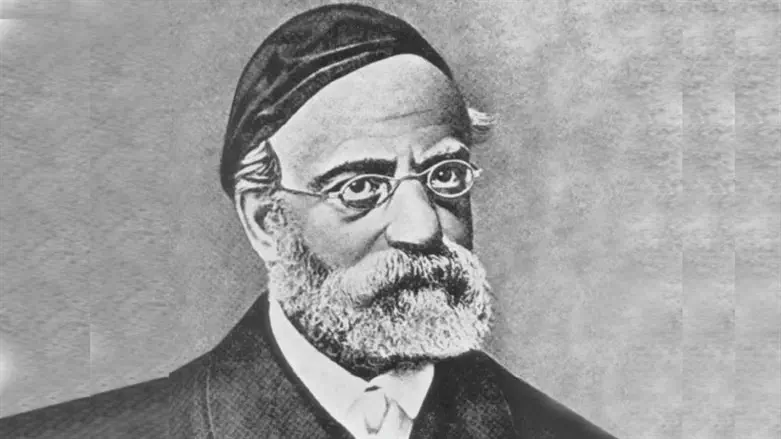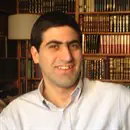
Rabbi Meir Kahane used to say, “G-d isn’t Santa Claus.”
What he meant was: G-d doesn’t just dispense presents. He also makes demands on us, and if we ignore His will, He will punish us. Perhaps not right away, but eventually.
We sometimes hear people say, “I love Hashem.” The sentiment is beautiful, but, ultimately, it isn’t sufficient. “V’hayah Hashem li Lelokim,” Yaakov says in this week’s parshah (28:21). “Then YKVK will be Elokim to me.” YKVK is generally associated with mercy (midas harachamim), Elokim with justice (midas hadin). So, with these words, Yaakov was saying, “G-d who showers all His love on me shall be to me…a G-d who not only gives, but who demands.”
Rav Hirsch continues:
“To do homage to G-d, not merely as a giver, but as a lawgiver – to make every breath that you take, every penny that you spend, in accordance with His directions – that is the meaning of ‘Hashem li Lelokim.’”
I’ve heard Christians say, “G-d is love.” Yes, G-d bestows much love on us. But the love comes with the Law. And we dare not ignore the latter if we wish to retain the former and live up to our destiny as Jews.
Rav Samson Raphael Hirsch (1808-1888) – head of the Jewish community in Frankfurt, Germany for over 35 years – was a prolific writer whose ideas, passion, and brilliance helped save German Jewry from the onslaught of modernity.
Elliot Resnick, PhD,is the host of “The Elliot Resnick Show” and the editor of an upcoming work on etymological explanations in Rav Samson Raphael Hirsch’s commentary on Chumash.
